 Diane Boudreaux Kraft was an otherwise healthy 49-year-old wife, mother and sister when she realized that something was not right with her body.
Diane Boudreaux Kraft was an otherwise healthy 49-year-old wife, mother and sister when she realized that something was not right with her body.
“I knew that something was wrong, I felt fatigued, I was having shortness of breath, [and] chest pains” the clinical psychologist said about the symptoms that ultimately led to her being diagnosed with stage three lung cancer in 2004.
Kraft said that when she informed her family of her diagnosis, their concerns mirrored some of the beliefs that make African Americans more likely to die from the disease.
“My two sisters were not in favor of chemotherapy and radiation,” Kraft said of her siblings’ belief that the treatments would inflict unbearable pain and suffering. “They believed alternative therapies actually could help heal cancer.”
To help combat factors that contribute to black people being diagnosed and dying from lung cancer more than any other population group in the U.S., the American Lung Association has released a report titled, “Too Many Cases, Too Many Deaths: Lung Cancer in African Americans.”
The report gathers research on the possible biological, environmental, political and cultural factors that affect black people’s disparate affliction with the preventable disease.
Dr. William J. Hicks joined Kraft and Charles D. Connor, president of the American Lung Association, on a conference call on April 12 to discuss the report’s findings.
According to Hicks, a professor of clinical medicine at Ohio State University’s Comprehensive Cancer Center, the news is dire.
“African Americans are more likely to be diagnosed when the cancer is more advanced…more likely to wait longer after the diagnosis to receive treatment or perhaps to refuse treatment and to die in the hospital after surgery,” he said.
And although the prevalence of smoking in the black community has impacted the incidence of lung cancer among African Americans, Hicks said the data on non-smokers are also cause for concern.
“In a recent study of never smokers, it was found that the lung cancer mortality rate of African Americans, both males and females, compared to individuals of European descent was much higher,” Hicks said of the disease that afflicts black men at a rate that is 37 percent higher than their white male counterparts. Black and white women are afflicted at equal rates.
Hicks said the “no-brainer” factors of race and income affect how blacks are diagnosed and treated, but added that confusion and trepidation also play significant roles.
“Blacks appear to be more confused about prevention and are reluctant to seek treatment because of their fear of the disease,” Hicks said of tendencies that are especially frustrating to the medical community because recent studies show that if people receive equal treatment, their outcomes are likely to be equal as well.
Compounding that frustration is the perception among some blacks that only smokers are afflicted with lung cancer, making non-smokers less likely to undergo potentially lifesaving early detection.
Hicks said possible solutions to reversing the data include increased funding for research, a diversified health care workforce, cultural competency training for medical professionals and the involvement of black leadership to address the misperceptions.
Kraft said her experiences with other black people after their diagnosis confirm Hicks’ assessment of the black community’s misguided perception that only smokers are afflicted with lung cancer.
“Everyone assumes that I’m a breast cancer survivor because I’m a woman,” Kraft said, adding that people’s level of empathy changed when they learned where her cancer was located.
“The stigma associated with lung cancer continues to be a fight,” said Kraft, who acknowledges that she used to smoke “off and on.”
Kraft also addressed the black community’s reliance on spirituality regarding health matters, but cautioned black people against relying solely on God to heal them.
“Spirituality is an important part of the African-American way of life; but I do not agree with being afraid of the unknown and just leaving everything in God’s hands to take care of us,” she said.
Kraft added, “I believe in prayer more than anything else in my life. I also believe that God places doctors, and researchers and nurses and organizations like the American Lung Association to help us survive, in addition to prayer.”
RMHarris15@Aol.com
For more information, visit www.lungusa.org.

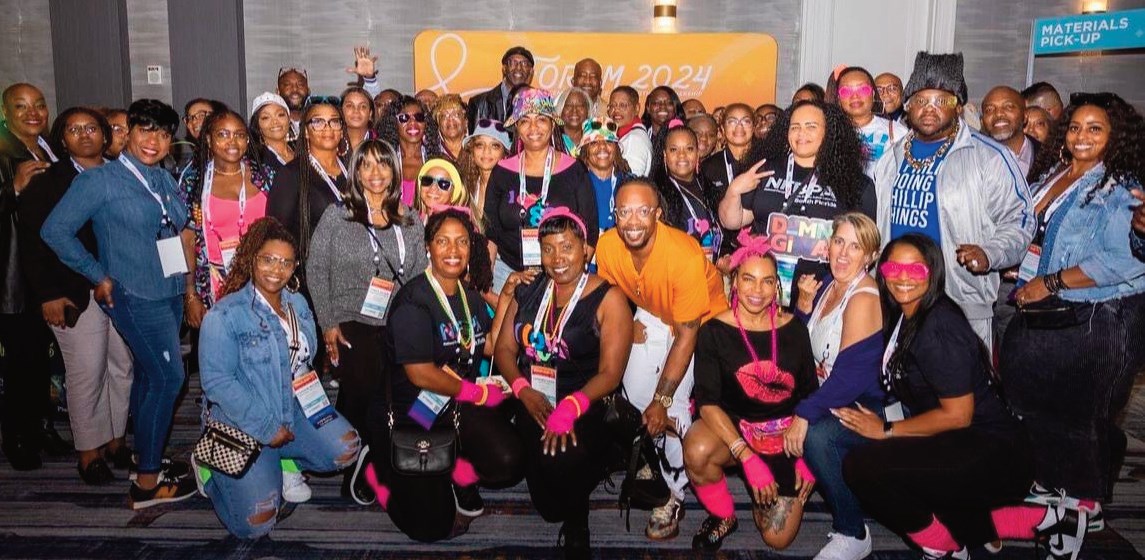
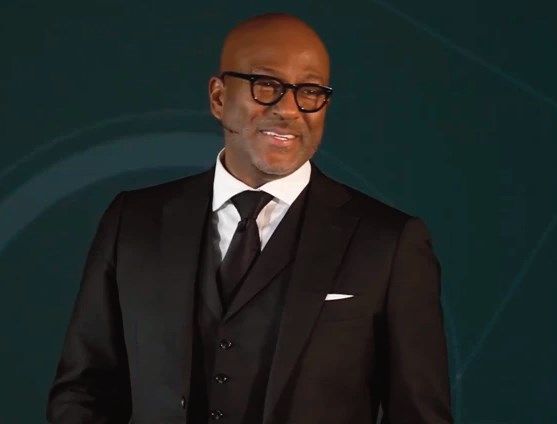


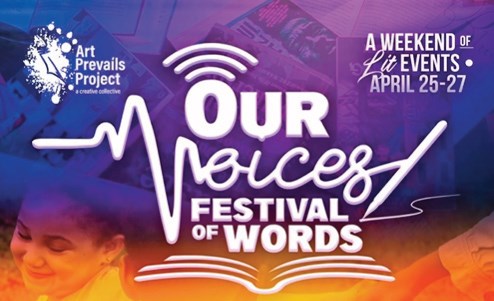
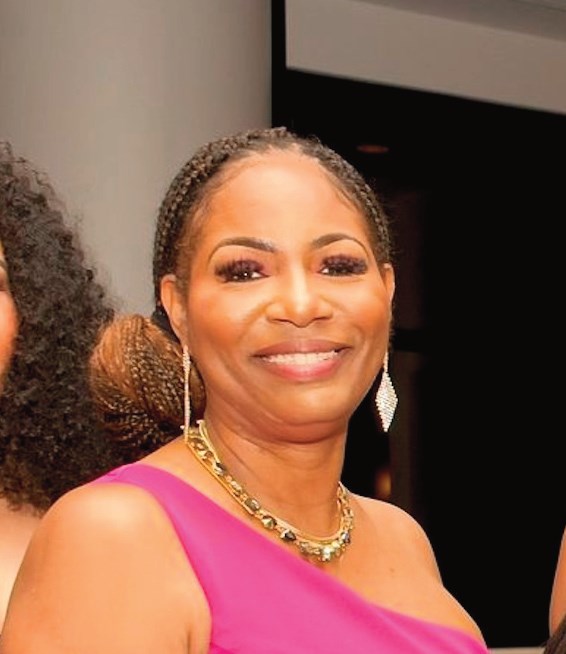
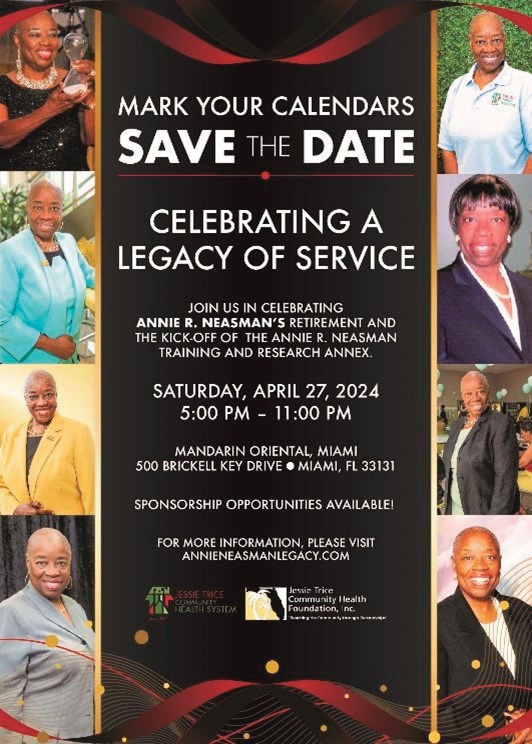
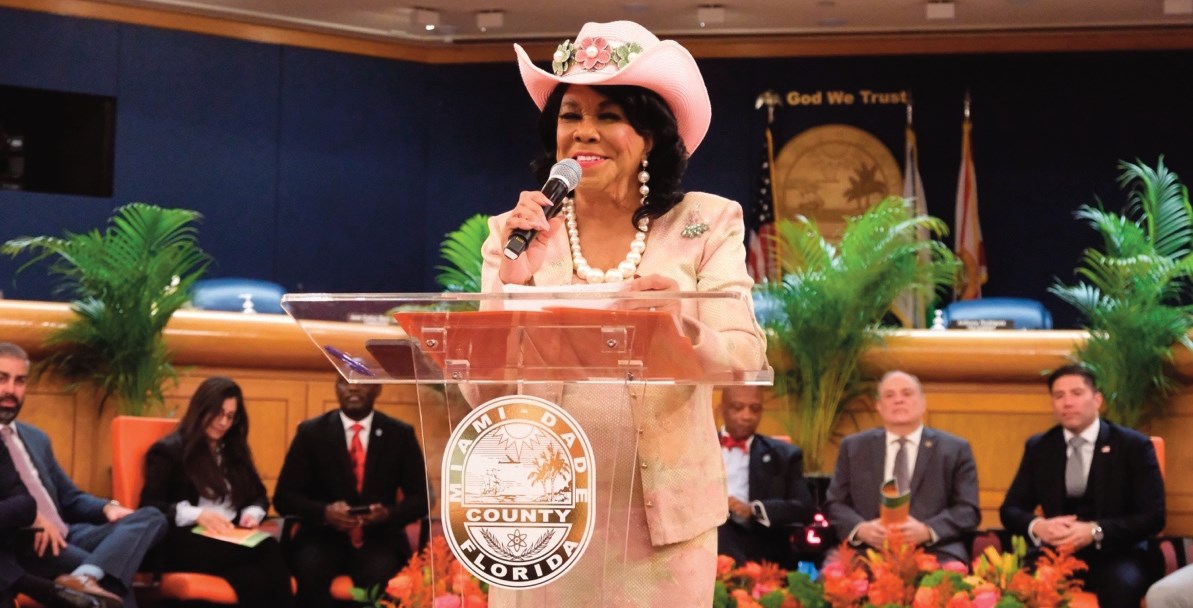



No Comment